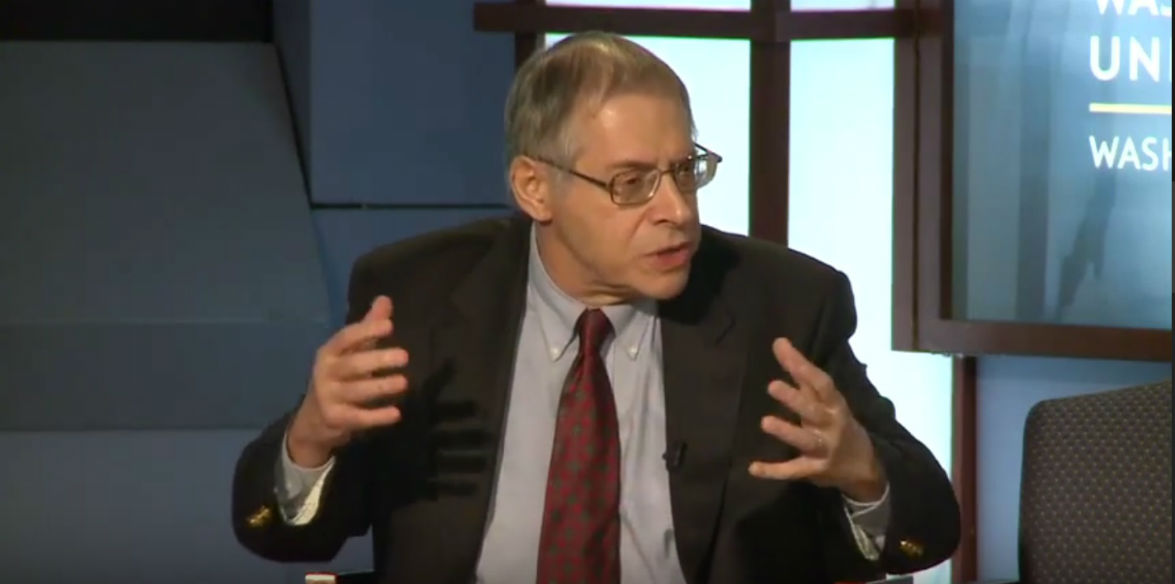If a candidate for the House or Senate decides to answer “How will you pay for it?” by using OCF, then before too long someone who cares about that question will figure out that inflation is an issue that seems to arise. So, once again, for candidates who like the OCF answer, here is an answer to the follow-up question about inflation.
No; inflation doesn’t depend on whether Congress uses OCF, or the present method of CCF in which Congress relies on coordination between the Treasury and the Federal Reserve within the institutional framework created by Congress to drain money from the private sector prior to the Fed enabling spending by adding reserves to the Treasury spending account so it can spend appropriations. Instead, it depends on the policies Congress passes to achieve price stability, in the context of the particular spending choices it makes.
OCF is a simple transparent alternative method of finance. It brings us as close as possible in our modern context to the original intent of the Constitution that Congress coins the money. But, it doesn’t require Congress to spend any more than it otherwise should to create true full employment, or spend in such a way that inflation induced by such spending would occur. So. no, inflation won’t increase just from using the OCF method of financing, alone.
As it does now, however, Congress will have to control inflation by taxing enough money away from the private sector and by following other demand and supply management policies to avoid it. Taxing enough means not taking either more or less money out of the economy on an annual basis than is needed to create price stability while also enabling enough deficit spending to compensate for demand leakages from the economy due to private sector and foreign sector savings.
Other inflation control policies include (1) hedging against deficit-spending induced inflation by strengthening the automatic stabilizers in fiscal policy, including legislating programs providing for automatic tax rate adjustments triggered by unexpected inflationary episodes, 2) wage and price controls, if necessary, and (3) heading off possible cost-push inflation in controlled or managed markets (such as oil in the late 1970s) by developing new sources of supply. The Federal Job Guarantee program being proposed by Bernie Sanders and others is an effective automatic stabilizer because it operates counter-cyclically along with other safety net policies that increase federal deficit spending in times of slow down and decrease such spending when the economy is booming.
I haven’t mentioned relying on Federal Reserve interest rate policy to control inflation because it is a blunt instrument that works against full employment fiscal policy, gives greater priority to price stability than full employment, and is ineffective as a tool for controlling cost-push inflation as Paul Volcker showed during the late 1970s and early 1980s.
